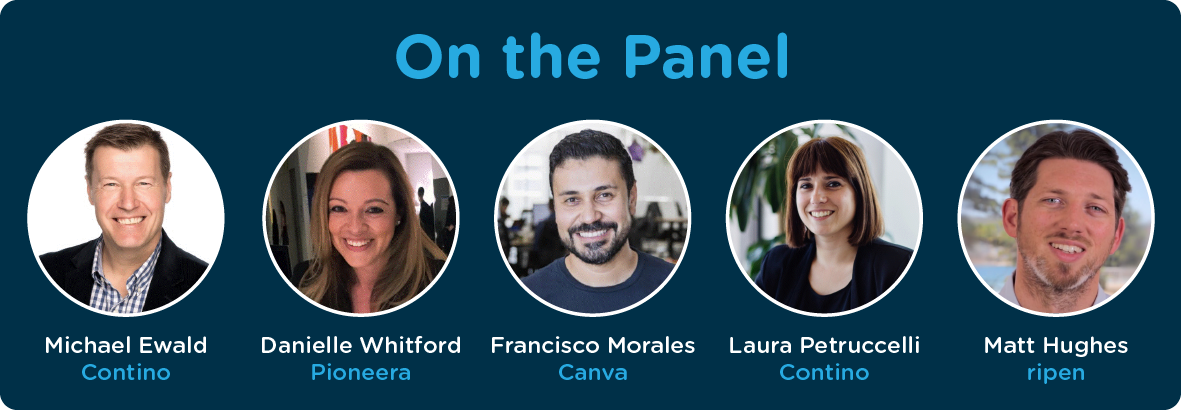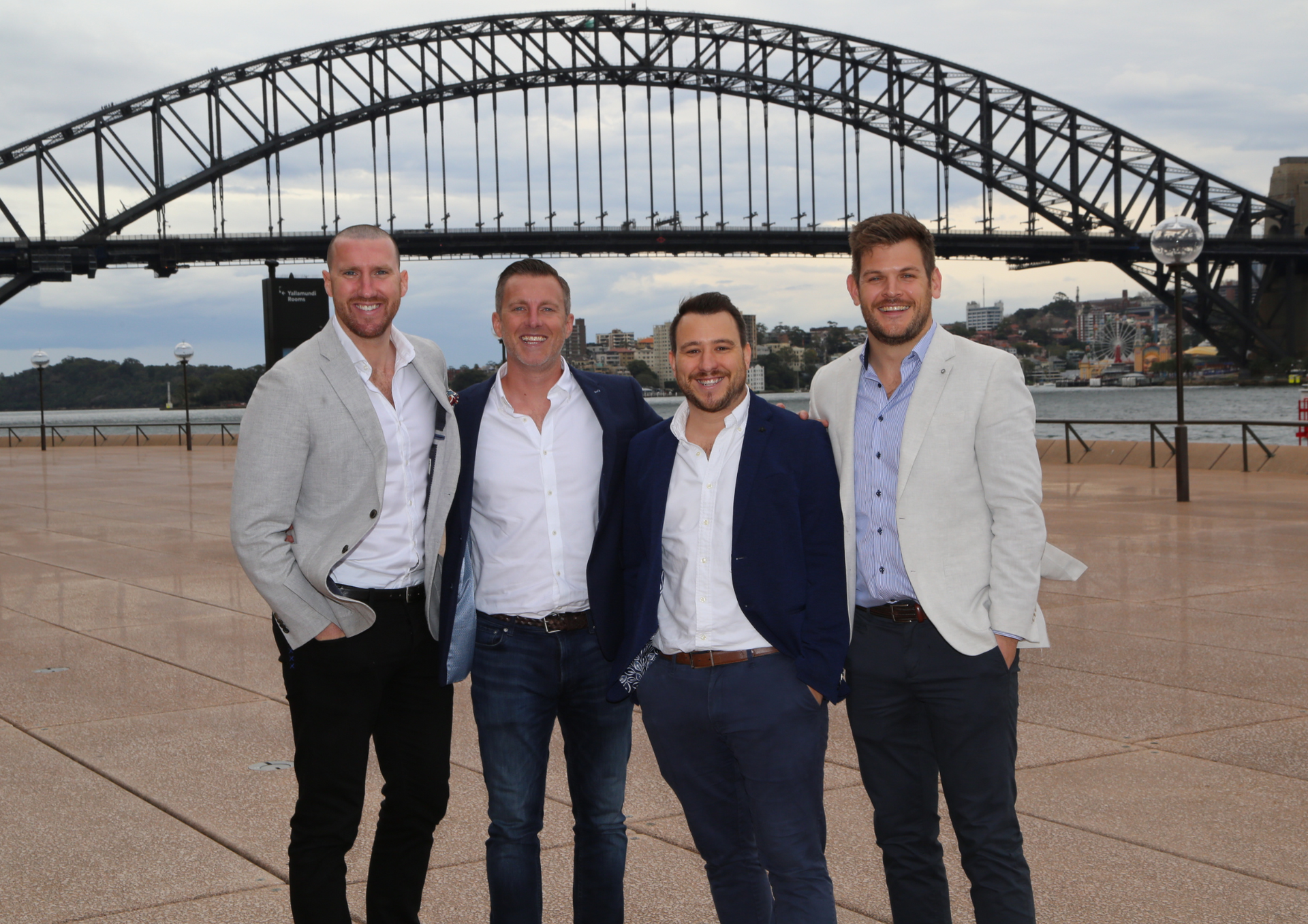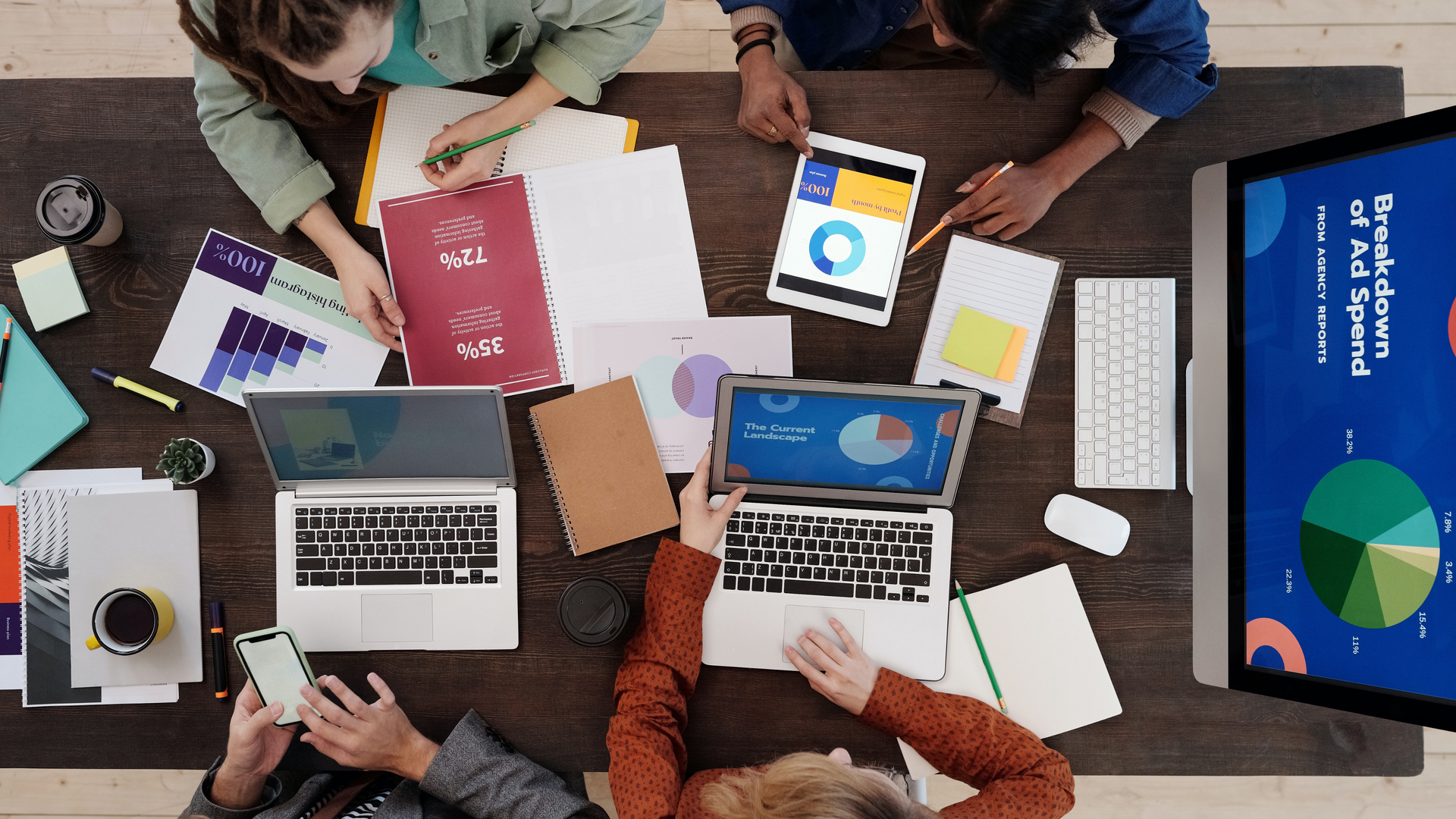Re-entering the ‘New World’ with Agile Leadership and Resilience
From the moment it became clear that COVID-19 was going to irrevocably change the way businesses operate, we have sought to put ourselves at the forefront of finding out exactly what these changes will mean. On 25th May we took another step towards that aim, hosting a webinar with panel speakers from an array of industries to address the multitude of questions posed by the pandemic, discussing how both individuals and organisations are facing up to this ever-changing landscape. To watch the recording of the full webinar, click here.
Our panel was made up of HR and Change Management experts from multiple industries, you can meet the panel in more detail, here.

Whilst no-one can know for certain what the long-term impact will be on businesses, the best approach is to stay informed and be prepared to adapt your operating practises and processes to stay ahead of the game. To help you start planning for the future of your business, here is a snapshot of the insights from our webinar:
1. What is the likely impact of COVID-19 on the organisational approach to people
How should we communicate
Laura highlighted how there is a real blurring of boundaries as to when people are starting and finishing their days due to the absence of face-to-face interactions and being able to physically see when people are working or not. This, in turn, creates the need for a change in the way we collaborate, with extra sensitivity and a consciousness of what and how we are communicating with one another. Francisco agreed, stressing the importance of flexibility, expressing the idea that the best way to communicate is very much a moving target and subject to changing circumstances.
How will working patterns and processes evolve
Times like these require constant reflection, but should this only be in the interim? Perhaps we should also take this time to regroup, innovate and reset, as argued in the discussion by Matt. In the eyes of Danielle, organisations have been attempting to create flexible workforces for years but have now been left with the inevitability of needing to thrust themselves into this change and embrace it. As also highlighted by Michael, for some time there have been unwritten rules about flexible working, often with stigmas and scepticism attached to them. Supported by data, this period of remote working has answered the question of whether people can be trusted to achieve business outcomes on a sustained basis.
One size fits all
As Danielle discussed, one size does not fit all, and where possible, organisations must realign to assess and cater for needs at the individual level. Not leaving the house has both mental and physical implications and we need to put boundaries in place to deal with people as individuals. Who sets these boundaries though? The general feeling amongst the group was that it is a two-way street and that frameworks should be put in place, but individuals also have a solo responsibility to take an active role in how they work. Thus, an organisational strategy should be intertwined with the freedom for individuals to empower themselves and follow some processes in line with personal needs.
2. How will operating models change
Business model refined or reimagined
Danielle kicked off this sub-topic with a discussion around the need for business models to align to overall business strategy, with people at the heart of it all. As discussed byMichael, organisations had not forecasted for such changes to operating models, so it is important to create models for further potential instances in the future, with astute leveraging of technology essential to this. However, what should also not be forgotten is that technology is an enabler for people and that people are at the core. Ultimately, just as much as we should be monitoring performance metrics, we should also be monitoring the welfare of our people.
A more people-centric approach
Human Resources will, therefore, play a critical role in ensuring that the wellbeing of our people is being looked after and of paramount concern.Francisco discussed how Canva has labelled their HR team as their ‘Happiness Team’; a group of individuals who are championing ways of keeping the culture alive and maintaining the feeling of togetherness despite physical separation.
Many organisations have Employee Assistance Programs (EAPs), but as Matt argued, there are often stigmas and negative connotations to such a rigid and formal title, so maybe adopting the Canva approach and making this all a little more light-hearted is the way forward. This approach to looking after employees also creates an inclusive culture whereby people all feel a part of something, whilst preserving the agility to cater to the needs of individuals. Canva’s creation of social clubs works very well according to Franciscoin that it builds a community within the business.
Summary
By adopting the right mindsets, both individually and as a collective, and supporting this resilience with technology we can drive towards a stronger workforce in the future. By putting our people at the centre of everything we do and focusing on building positive working cultures, with agile leadership, we can not only bounce back but bounce forward; stronger than ever as a result of the many key learnings from this period.
This is just a small selection of the insights shared during the webinar, so be sure to click the link below to view the whole recording for further insights.
If you would like to discuss any of these insights or find out how we can support you and your business during this time, please don’t hesitate to reach out.


Recruitment International Awards’ The Rising Star’ award winner 2018, 2019 & 2020 & Best Large Recruitment Agency 2021

The Global Recruiter Asia Pacific Awards Best Newcomer Award Winner 2019

Quicklinks
Disciplines
Get in Touch
Sydney: Level 7/10 Spring St, Sydney NSW 2000
Brisbane: 40 Creek Street, Brisbane City QLD 4000
Melbourne: Level 7, 222 Exhibition Street, Melbourne VIC 3000
© Talenza Pty Limited. All rights are reserved.




